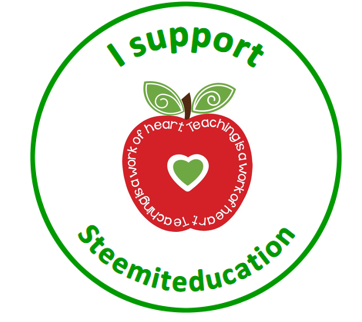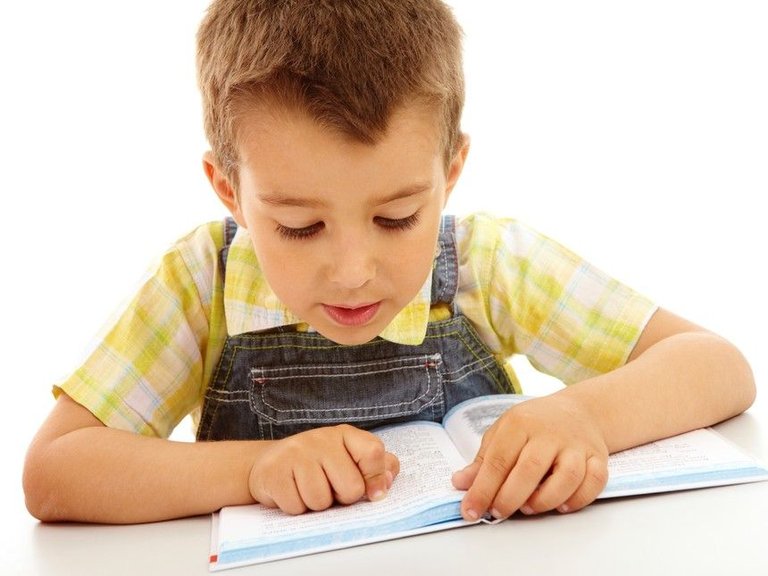From the moment they are born, babies learn something new every moment. His biggest learning stage, without a doubt, is the first year. Everything is absolutely new to them. They have to experiment with each of their senses and their brain develops very quickly.
From the year begins an exciting adventure, not without obstacles, discoveries, skills and social skills that will help you grow and mature. From the first time you take your first steps to your first friend, the first disappointment, you will have to go a long way.
With one year they take their first steps, before them a new world opens up to explore. With two years, their motor skills improve, and that allows them to interact much more with their environment. At three years, they understand that they can do many things on their own, each year is a challenge for them, it is like an open book where they will point their achievements.
The first six years of life are fundamental for the development of the human being because, in them, the child configures his psychomotor, cognitive, linguistic, emotional and social skills, highlights the development of his brain in the first three years, with periods of acceleration and the importance of acquiring good psychomotor skills. The development of thought is action until after the two years appears the symbolic function.
It implies a great qualitative change because the child can think not only the present but also the future, the imaginary or the possible. Attachment is established between the first and second year of life and they learn at home how to interact with others. They begin to communicate intentionally and between 3 and 6 years old they are immersed in an active grammatical learning process, not without difficulties or not savored.
Children at this age are sponges, they are able to learn very naturally and reach far beyond what we think.
Around 6-7 years, the child has the maturity and skills necessary to enjoy learning to read and write, which acquires these skills much faster than in previous years. The ability to coordinate the movements of your fingers, fine motor skills, generally does not develop until this age, in which, moreover, it has left its egocentricity and is ready to enjoy what others say and to communicate. To work phonetically, from the letter to the word and then to the phrase, is much more effective and appropriate than the global learning of reading, than for some cases such as dyslexia absolutely counterproductive.
Writing, which involves fundamental processes in the development from the processing of language to graphic and motor along with semantic, lexical and syntactic, is a basic competence on which much of the school learning is based.
The child's attention is improving and at 8-9 years it reaches an optimal development if the student is taught to select what is important, the materials that are used are interesting, they are presented with new information gradually. Primary is the stage in which you need to activate memory processes, begins the period of concrete operations and progress in their progress of spatial representation and in the notion of number.
They acquire the ability to decentralize, so that they can already take into account several characteristics of reality at the same time, and can mentally retrace the transformation process of an element and return to its initial state. They also advance in the concepts of classification and seriation can order the gray colors from the lightest to the darkest.
The development of emotions has progressed and from 10 years, children begin to understand that you can have simultaneous emotions of opposite sign on different aspects of the same situation for example: they begin to understand that you can be happy because you have received a birthday gift, but sad because his best friend has not been able to go to his party.
In this stage, we must develop skills that enable children to develop their emotional intelligence, that is, to learn to understand and regulate emotions both in themselves and in others. Their relationships are becoming more intense with other children and the friendship goes from being instrumental or being circumscribed to the realization of concrete activities with those who live closer or those who have the most beautiful toys 7-8 years to a recognition of the importance to share values and feel understood by the other 10-11 years along with feelings such as loyalty, closeness or mutual trust.



Excellent article. The initial stage of children's learning is fundamental for their psychosocial and emotional development. Important the role of the educator in this learning process of the child.
This is why @elpastor is why we must take full advantage of each individual's development, in order to be well endowed with fundamental tools in their cognitive process.
Learning for all children is not assimilated in the same way, so to do so must be done in groups of equal ages, so that they go hand in hand. Although they always tend to preempt some more than others.
These are all true!
Learning is not instant, it is a process.
The more that we get older, the more that we are able to get new knowledge and skills.
These are all true!
Learning is not instant, it is a process.
The more that we get older, the more that we are able to get new knowledge and skills.
Tengo una sobrina de 3 años y otra de 7. Es muy notorio cuando están tan pequeños los grandes cambios que la edad genera. Por ejemplo la pequeña que recién cumplió 3 hace una semana, empezó a mejorar la habilidad para repetir canciones que escuchaba y ahora desarrolla la de improvisar. Son edades donde hay que aprovechar el tiempo para que aprendan muchísimo.